The Call for Social Justice
Lately, it feels like the world’s gone mad. Old, tired paradigms are taking the place of fact and logic. Problems we all thought society had solved decades ago we now know were just festering wounds, lying in wait beneath band aid solutions.
It’s frustrating. Exhausting. At times, even hopeless.
For me, it’s a glass half-full situation. I live by the foundational belief innovation is struggle, obstacles are opportunities. And right now, I see one big, fat obstacle behind which a vast, paradise of opportunities lies ripe and ready to be seized.
Luckily, there are many others who take the same view as me and have charged forward, ready to make wine out of all these sour grapes. Great—let’s do it, and…
With all these encouraging calls for social justice, I want to point out the cycle I mentioned above. We all thought we’d solved half these issues. Long, long ago. In reality, all we did was delay their resurgence. We treated symptoms without data, without enough thought, and failed to diagnose root causes.
The Problem With Social Justice Solutions
The number one biggest problem with social justice solutions is the gross lack of evidence. Unresearched solutions are destined to fail.
Allow me to repeat: solutions lacking evidence-based data will fail.
Think of it like this: you go into the doctor’s office and say, “My stomach hurts. It’s preventing me from doing much of anything except roll around in pain. It’s a real problem.” The doctor looks at you, sees you’re in pain and agrees—something must be done. Maybe he takes your blood pressure, pokes you to figure out the general vicinity of the pain, then writes you a prescription so you’ll stop complaining and leave.
No scans, no tests. Worse, no follow-up appointment. He gave you the prescription, and you left feeling like the worst was over. And for a while, that was enough. But, when the pain comes back, maybe even worse this time, both you and the doctor would be remiss to think the prescription solved the problem. You’d be silly to do the same thing again without further examination.
Now multiply that by millions of people, thousands of policies, and billions of injustices. Though it’s saddening to see our systems fail us, it should come as no surprise.
The Answer to Band Aid Solutions
From women’s health to trade agreements, there’s a simple answer to creating sustainable, viable solutions: community-based research. Successful innovation isn’t based on a good idea—it’s based on a well-thought, data-driven plan.
Creativity requires a solid foundation to stand on. Community research provides that. You can read more about why research is absolutely essential to innovation in my previous post.
Here’s what I’m proposing:
To achieve true social justice, let’s take the time to collect information from the people the solution actually effects. Radical thought, I know, but maybe we should consult women when creating policies and systems regarding reproductive rights. Maybe we should ask villagers before assuming they want or need industrialized solutions.
Then, with that data, we follow a proven process to take the solution from an idea to a reality. But we don’t stop there! We follow-up over time and measure the solution’s effectiveness—by collecting data from the community itself—and adjust where necessary.
To those of you scratching your head and saying, “Duh. Isn’t this obvious?” I’m glad this seems common sense to you. It should be. But the state of the world today is proof positive this is not our societal default. We live in a world of special interests and reactionary problem-solving.
Let’s all do our best to take the time on the frontend so we don’t pay the steep price on the backend.
Together, we can change the world.
Hit subscribe below to receive my step-by-step Guide to Creating Global Solutions.

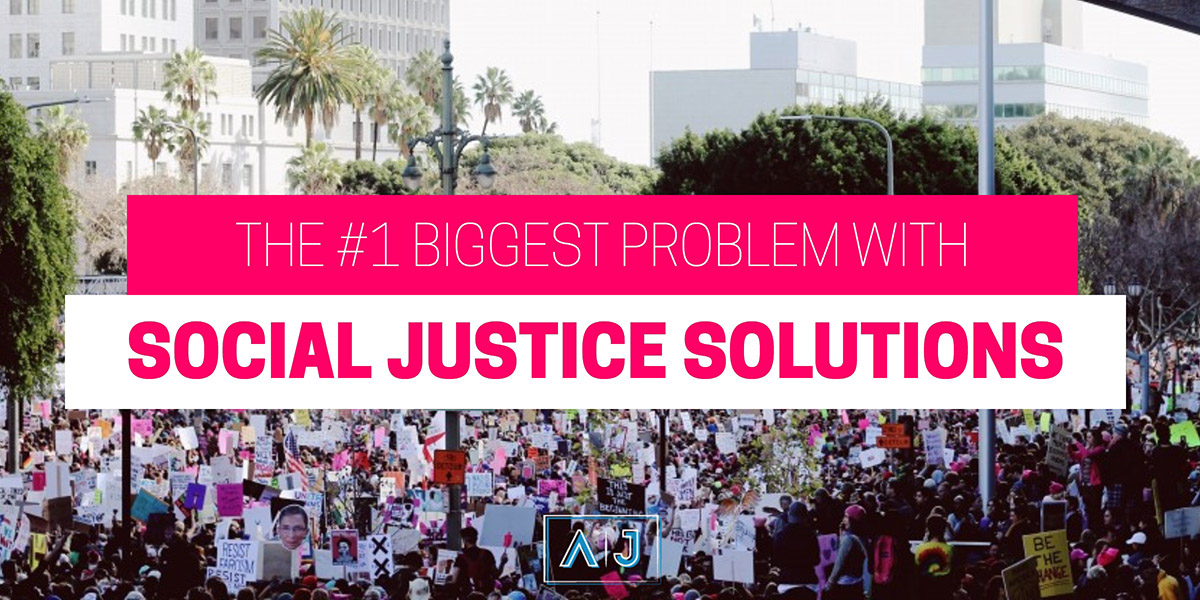


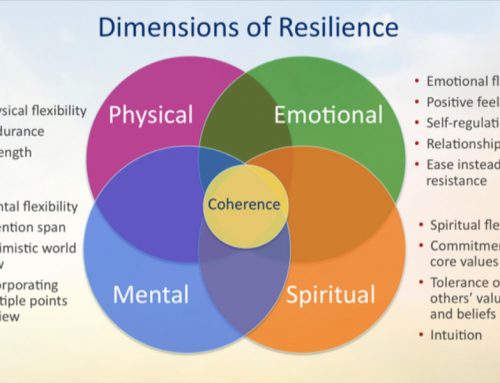


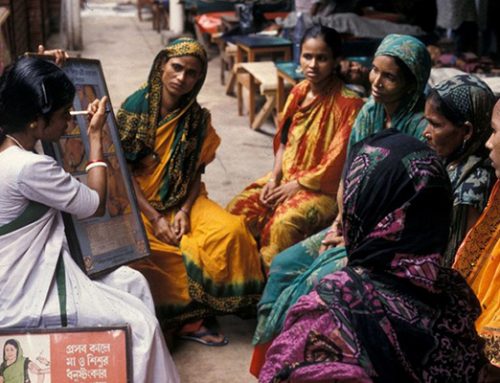
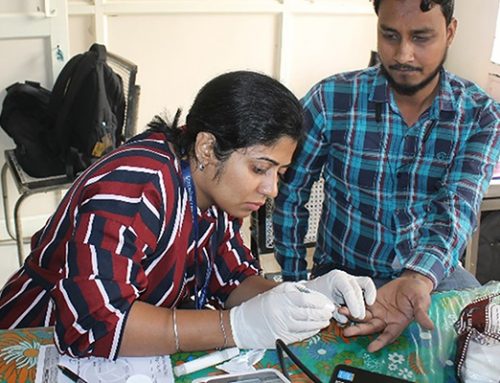
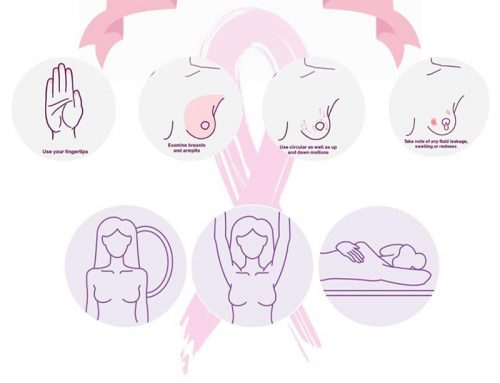
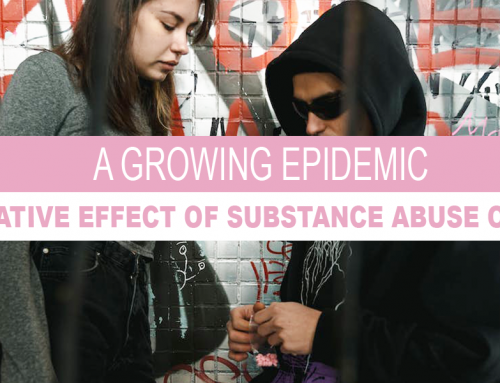
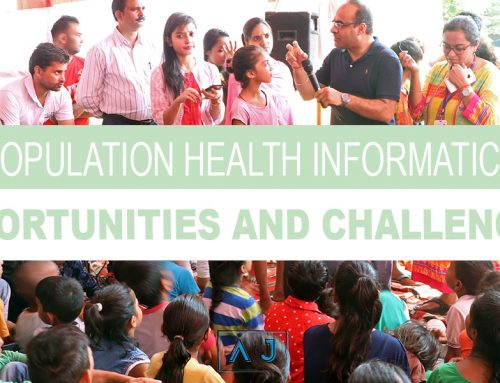

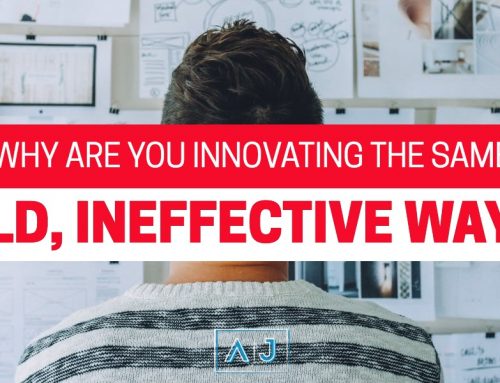

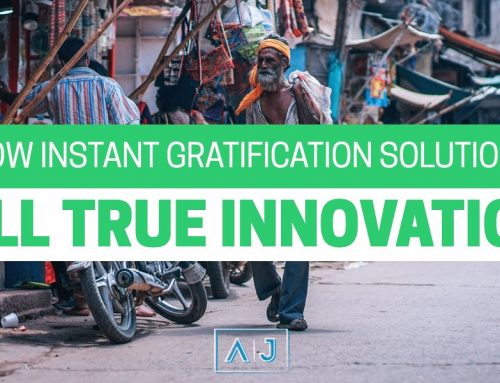
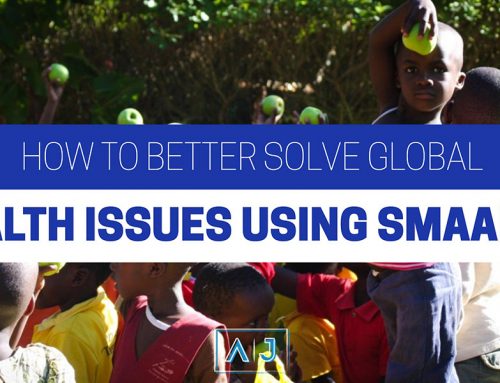
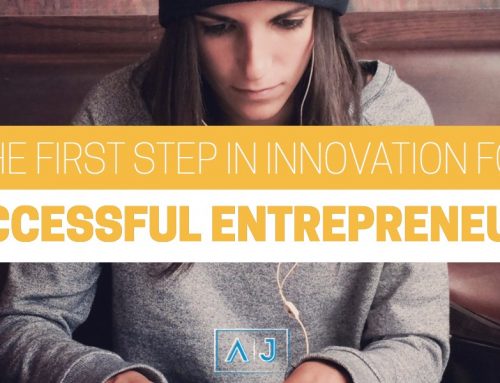
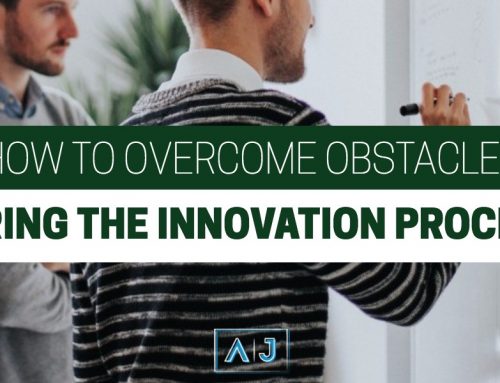
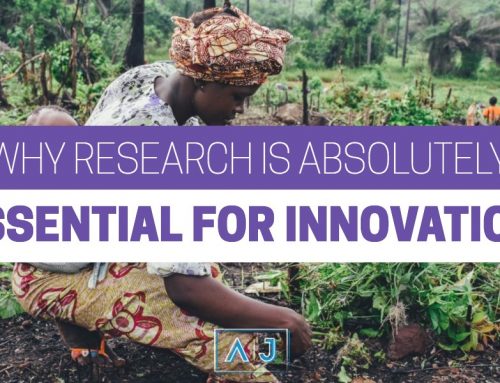

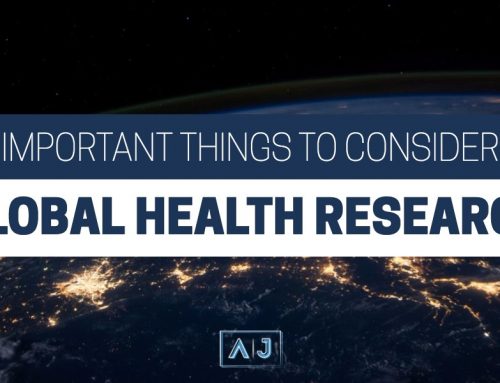
Good going, Dr. Joshi. We need knowledge at the local level and local consensus-building instead of an agenda imposed by outside interests from the top down.